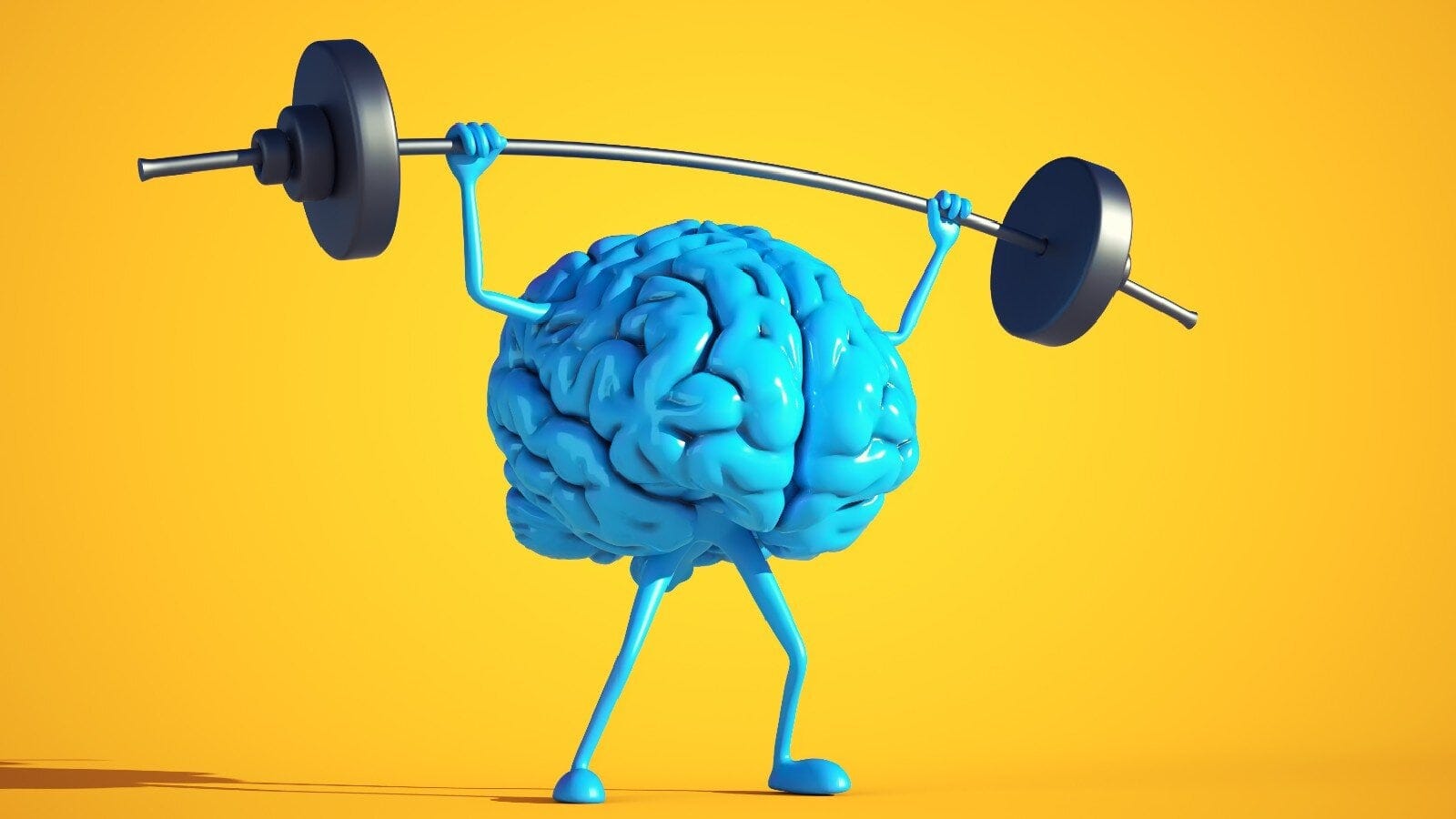Exercise is widely known for its physical health benefits, but did you know that it also plays a crucial role in improving brain health and cognitive function? Regular physical activity doesn’t just keep your body fit, but it also boosts brain performance, sharpens memory, and reduces the risk of cognitive decline as we age. Whether it’s a brisk walk, weight training, or yoga, engaging in exercise can have profound effects on mental clarity, focus, and overall brain health. Let’s dive into how exercise impacts your brain and why it should be a part of your daily routine.
1. Increased Blood Flow and Oxygen Supply
One of the primary ways exercise enhances brain health is by increasing blood flow to the brain. Physical activity pumps the heart faster, which increases the amount of blood, oxygen, and essential nutrients reaching the brain. This surge in circulation promotes the growth of new blood vessels and improves the health of existing ones, which enhances overall brain function. As a result, your brain becomes more efficient at processing information, retaining memories, and staying sharp throughout the day.
2. Neurogenesis and Brain Plasticity
Exercise stimulates neurogenesis, which is the creation of new neurons in the brain. This process is particularly significant in the hippocampus, the region responsible for memory and learning. As we age, the hippocampus tends to shrink, leading to memory problems and cognitive decline. However, regular exercise, particularly aerobic exercises like running or cycling, can encourage the growth of new brain cells, helping maintain cognitive function and reduce the risk of conditions like Alzheimer’s disease.
Moreover, physical activity enhances brain plasticity—the ability of the brain to reorganize itself by forming new neural connections. This means that exercise not only helps you learn new skills but also improves the brain’s ability to adapt to new experiences and challenges. So, whether you’re studying for exams or learning a new hobby, exercise can help optimize your brain’s capacity to absorb and retain information.
3. Boosts Mood and Reduces Stress
Exercise has long been known for its positive effects on mental health, including its ability to alleviate stress and anxiety. During exercise, the body releases endorphins, often referred to as “feel-good” hormones. These hormones improve mood and help reduce feelings of stress, anxiety, and depression. By regularly engaging in physical activity, you can maintain a more balanced mood, which in turn improves your focus, decision-making abilities, and overall cognitive performance.

Chronic stress can harm the brain, particularly areas associated with learning and memory, such as the hippocampus. Exercise can help reduce the impact of stress by lowering cortisol levels, a hormone that is released during stressful situations. By keeping stress in check, exercise helps protect the brain from cognitive decline and promotes mental well-being.
4. Improved Memory and Learning
Studies have shown that physical activity has a direct impact on memory and learning. Exercise increases the production of brain-derived neurotrophic factor (BDNF), a protein that supports the growth, maintenance, and survival of neurons. Higher levels of BDNF are linked to improved memory, learning, and overall brain function. Therefore, regular exercise can enhance both short-term memory and long-term memory retention, making it easier to remember important information.
Furthermore, exercise can improve cognitive flexibility, which is the brain’s ability to switch between tasks and adapt to new situations. This is particularly important in today’s fast-paced world, where multitasking and adapting to change are daily requirements. Engaging in regular physical activity can make it easier to process information and make quick, efficient decisions.
5. Reduced Risk of Cognitive Decline and Neurodegenerative Diseases
As we age, the risk of developing cognitive decline or neurodegenerative diseases like Alzheimer’s and Parkinson’s increases. However, regular physical activity can reduce this risk. Exercise helps maintain healthy brain function by promoting the production of neurotransmitters such as dopamine, which plays a vital role in mood regulation and cognitive function.
Additionally, exercise has been shown to reduce inflammation in the brain and improve insulin sensitivity, both of which are linked to cognitive decline. By lowering the risk factors associated with these diseases, exercise can protect the brain and slow down the aging process.
6. Enhances Sleep Quality
Sleep is essential for brain health, as it allows the brain to consolidate memories, repair itself, and process the day’s information. Regular exercise has been shown to improve sleep quality by helping individuals fall asleep faster and experience deeper, more restorative sleep. As a result, the brain gets the necessary rest it needs to function optimally.

Exercise also helps regulate circadian rhythms, which are the body’s natural sleep-wake cycles. A more consistent sleep schedule contributes to better cognitive performance, including better attention, concentration, and memory. Whether it’s a morning jog or an evening yoga session, incorporating physical activity into your routine can improve both your physical health and cognitive function by promoting better sleep.
7. Social Interaction and Cognitive Engagement
Many forms of exercise, such as group fitness classes or team sports, offer social benefits in addition to physical and mental health advantages. Socializing and engaging in group activities provide cognitive stimulation, which is essential for maintaining brain health. Social interaction has been shown to reduce the risk of depression and cognitive decline, especially in older adults. It also promotes the release of oxytocin, a hormone that fosters feelings of bonding and relaxation.
Conclusion
Exercise is a powerful tool for enhancing brain health and cognitive function. From improving memory and learning to reducing stress and the risk of cognitive decline, physical activity plays a crucial role in keeping our brains sharp and healthy. Whether it’s a daily walk, a challenging workout, or a relaxing yoga session, regular exercise offers numerous benefits that go beyond physical fitness. So, make exercise a part of your routine and experience the positive effects on both your body and brain. Your future self will thank you!




